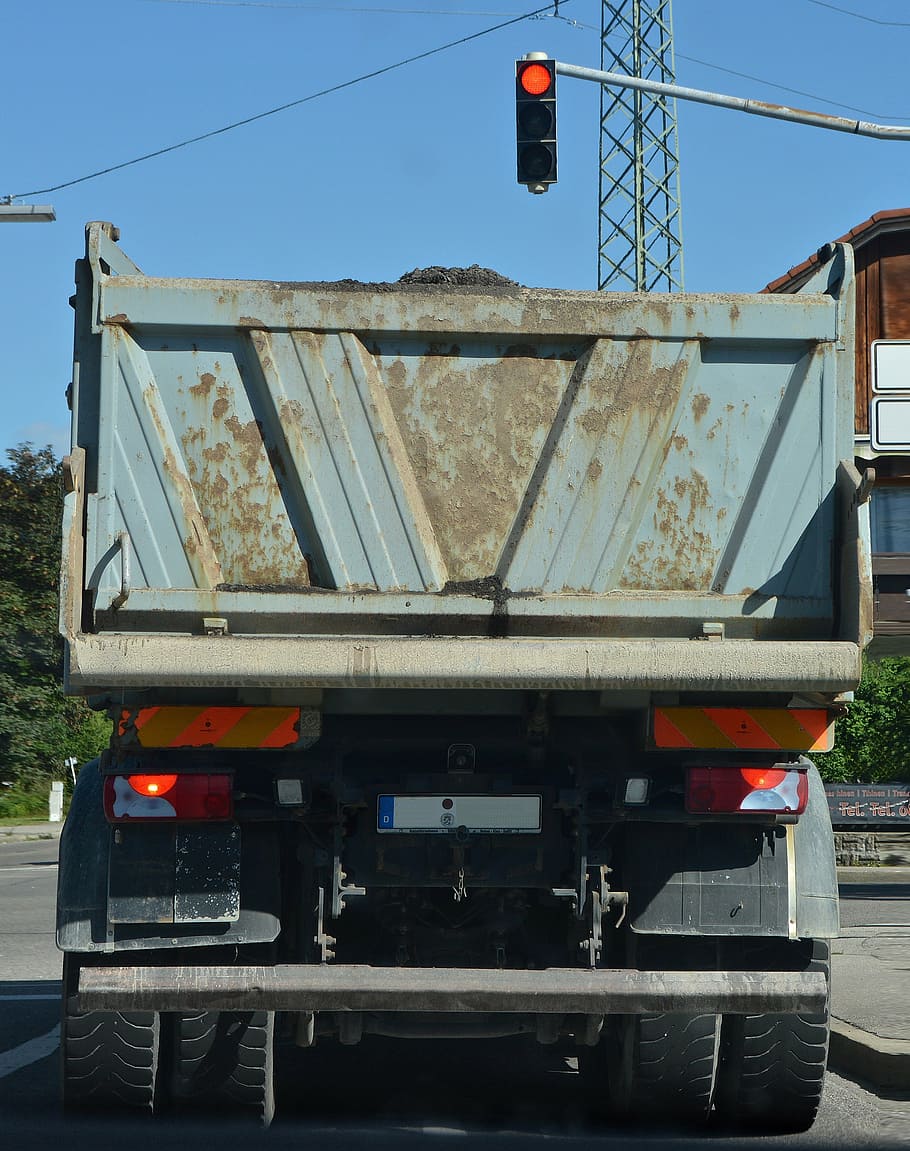Products sold in Europe, Japan and South Korea offer more protection from the sun. In the U.S., the key ingredients aren’t FDA-approved.
When dermatologist Dr. Adewole “Ade” Adamson sees people spritzing sunscreen as if it’s cologne at the pool where he lives in Austin, Texas, he wants to intervene. “My wife says I shouldn’t,” he said, “even though most people rarely use enough sunscreen.”
At issue is not just whether people are using enough sunscreen, but what ingredients are in it.
The Food and Drug Administration’s ability to approve the chemical filters in sunscreens that are sold in countries such as Japan, South Korea, and France is hamstrung by a 1938 U.S. law that requires sunscreens to be tested on animals and classified as drugs, rather than as cosmetics as they are in much of the world. So Americans are not likely to get those better sunscreens — which block the ultraviolet rays that can cause skin cancer and lead to wrinkles — in time for this summer, or even the next.
Sunscreen makers say that requirement is unfair because companies including BASF Corp. and L’Oréal, which make the newer sunscreen chemicals, submitted safety data on sunscreen chemicals to the European Union authorities some 20 years ago.
Regulating sunscreen as a drug seems fairly reasonable to me. Sunscreens should be required to be effective and proved to be so before being on the market. Cosmetics don’t have that requirement. Maybe they should make the process easier and relax the animal testing requirement in cases where it’s been used on humans for decades. But I still want corporations to jump through some hoops proving something I’m trusting my health to actually works.
Agreed, but also, maybe someone should prove or disprove those newer ingredients pronto
Well, what’s preventing the corporations from lobbying to change the rules to benefit them, just like every other time? I’m not going to cry because corpos haven’t bought enough congresscritters.
Why can’t they get FDA approval? Seems sus as fuck.
Well, if you read the article … :/
a 1938 U.S. law that requires sunscreens to be tested on animals and classified as drugs, rather than as cosmetics as they are in much of the world.
companies are wary of the FDA process because of the cost and their fear that additional animal testing could ignite a consumer backlash in the European Union, which bans animal testing of cosmetics, including sunscreen.
Won’t someone think of the poor corpos! Corpos like BASF and L’Oréal, which only had profits last year of €225,000,000 and €32,000,000,000!
So they are “afraid” eh? Still sus as fuck. Fuck those corpos they can play by the rules they don’t want to.
The “poor corpos” are saying the benefit of adding another market isn’t worth the expense, and the risk of reducing their sales in established markets, so they are unwilling to jump through the hoops to enter that new market.
…and the hoop in question is animal testing. Of products that have been used by humans for decades.
Bemotrizinol.
What does this do that American sunscreen like zinc oxide doesn’t?
The article just implies it’s better but doesn’t get specific.
Zinc Oxide is safe for the environment as well, I don’t see a downside to it.
Not sure about scientifically, but anecdotally as we’re currently in Asia on vacation, even the cheap 7-11 sunscreen works better than anything in the US: It feels lighter and it seems you need a lot less to be effective.
We went on a two hour hike and thought we’d just sweat away all the sunscreen but we were fine afterwards. The US sunscreen would’ve had to be reapplied to be as effective.
Thank you!
So the real question here is how can I, as an American who gives no fucks about the law (but can’t afford to travel to get it or whatever), get the good sunscreen? Gimme that black market sunscreen bb.
I am pasty white Casper, and I lobster right up in the sun before returning, after days of misery shedding my exoskeleton, to my Casper pale whiteness, never to develop a hardened shell 😔
Order some from Korea or Europe directly.
Come up to canada, get some good shit
They could simply declare the decades-long experience with that kind of sunscreen outside the US as “animal test” and go on.
That skin cancer is the most common type of cancer in the US and yet a dumb almost 100-year old rule means that Americans have less effective sunscreen - a key cancer prevention tool - than many other countries is pretty wild. Do any of the industrial/governmental players involved actually care about reducing cancer risk in their population?
Hi, I can field that question. The answer is no. Thank you!
Source: live in the imperial core under this hellish capitalist system.
I agree with your answer. People who are sick or have chronic conditions are lifelong customers. There’s one version of corporate regulation and paternalism for tobacco, and all other industries get a free pass to drum up business I’d say
Wonder how bad it is for the reefs. Zinc oxide is reef safe








